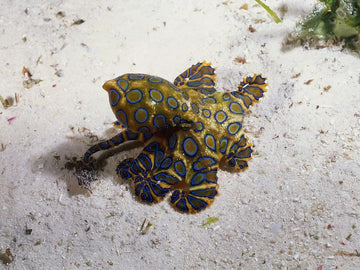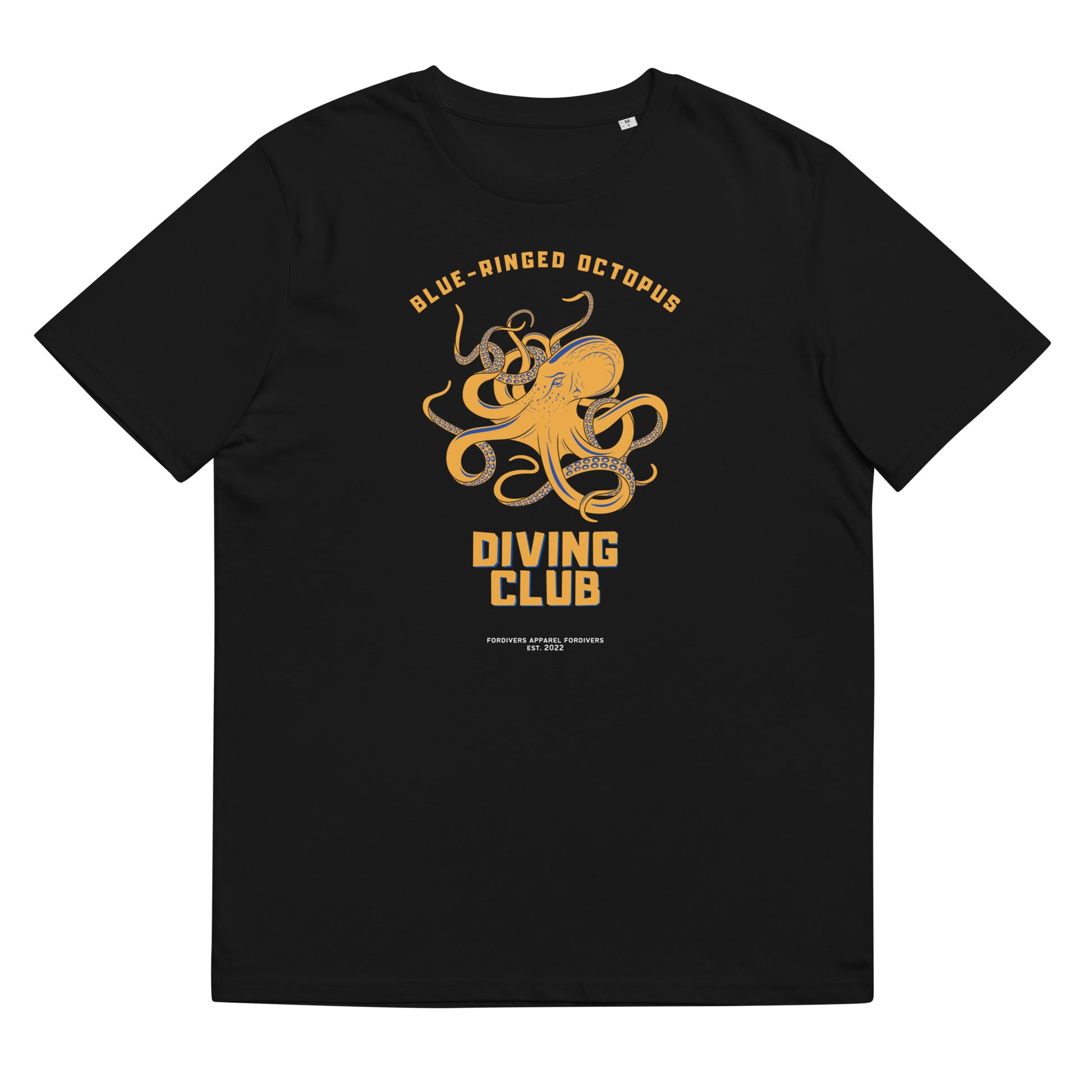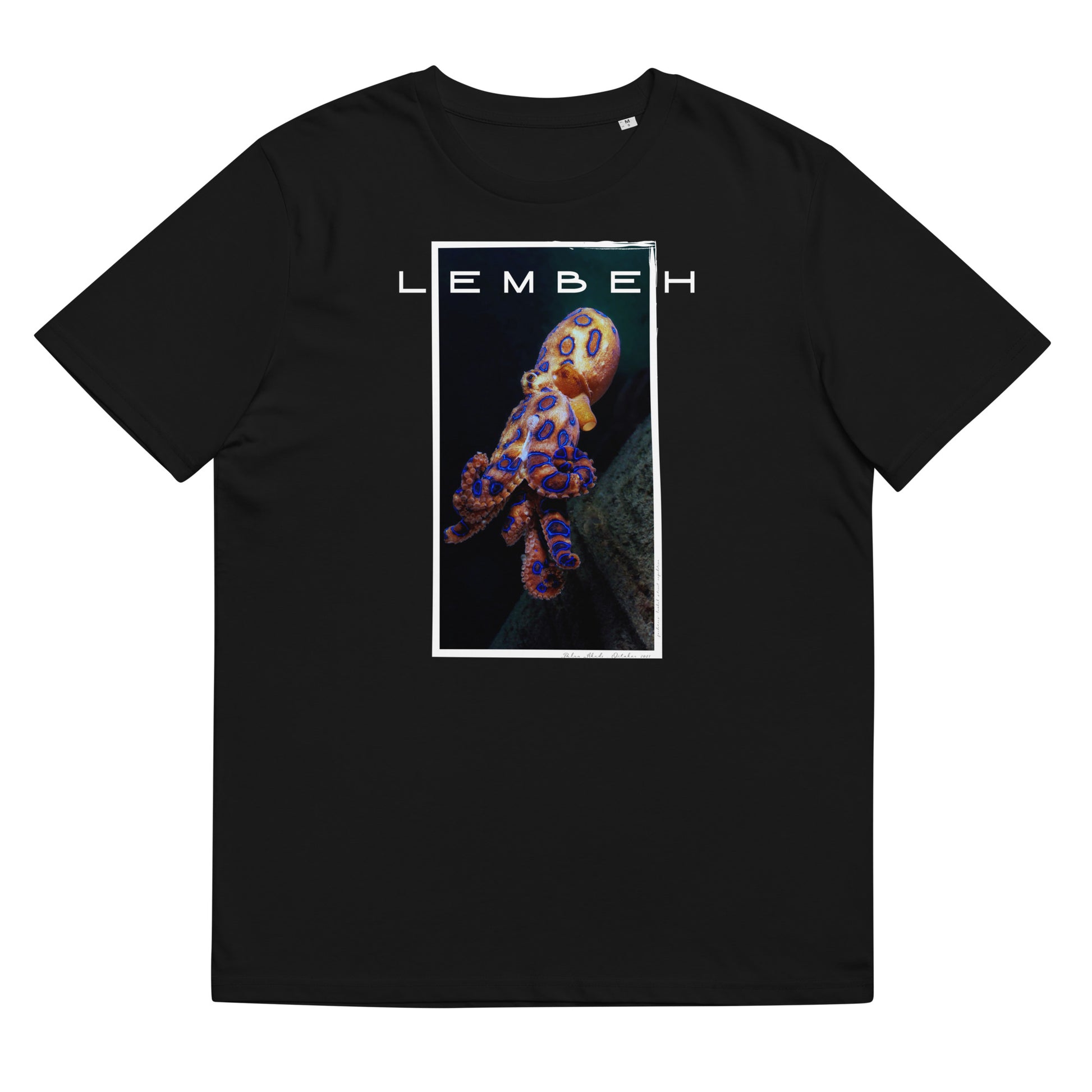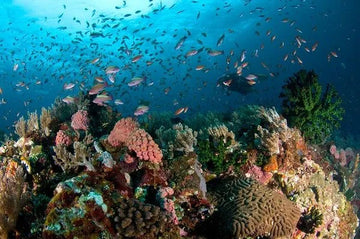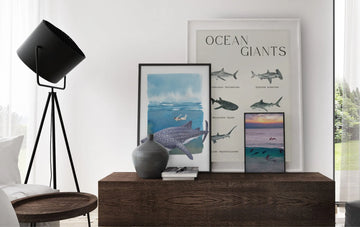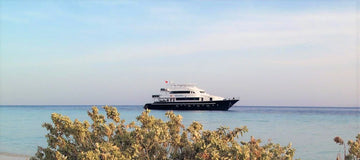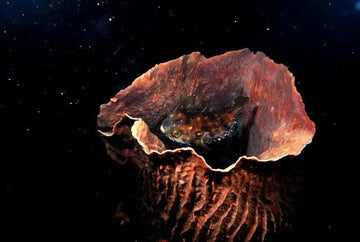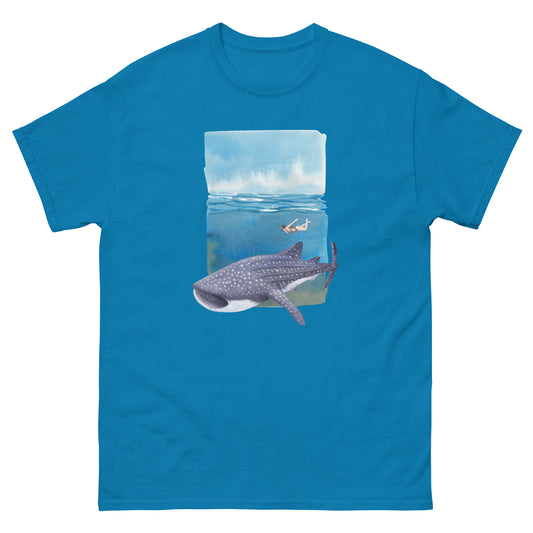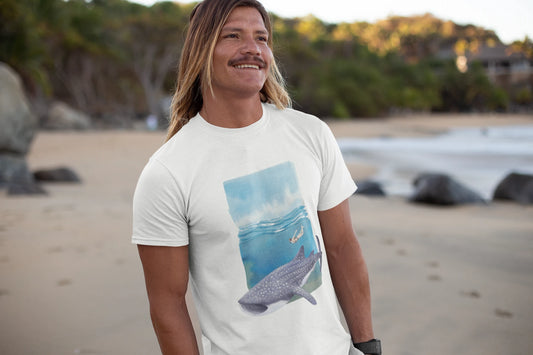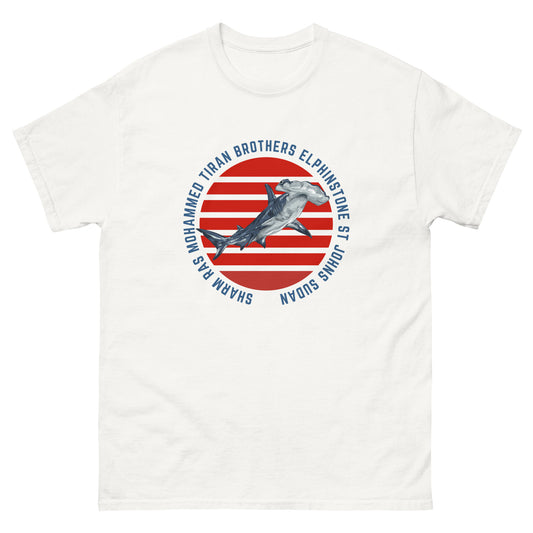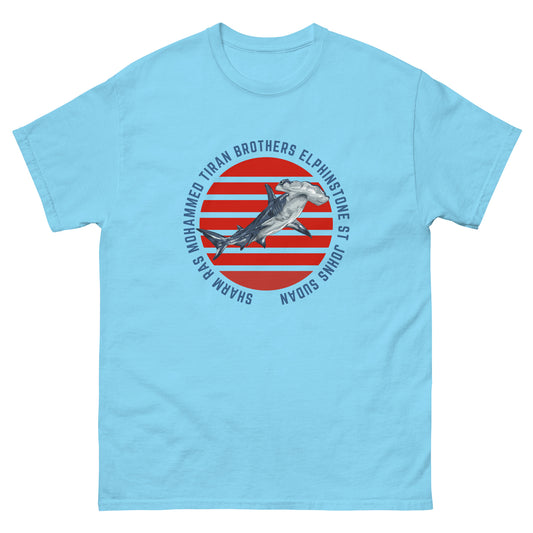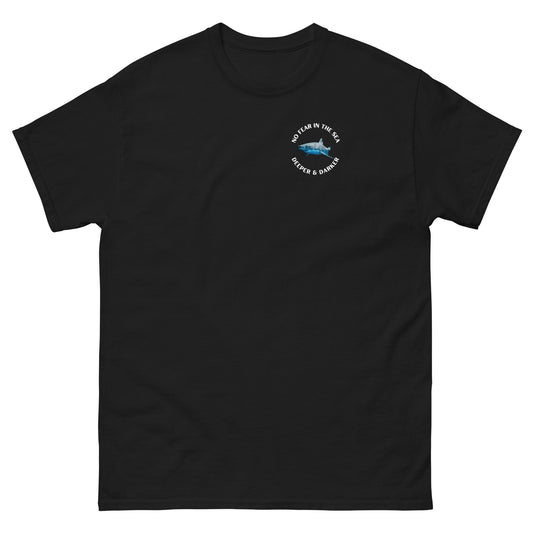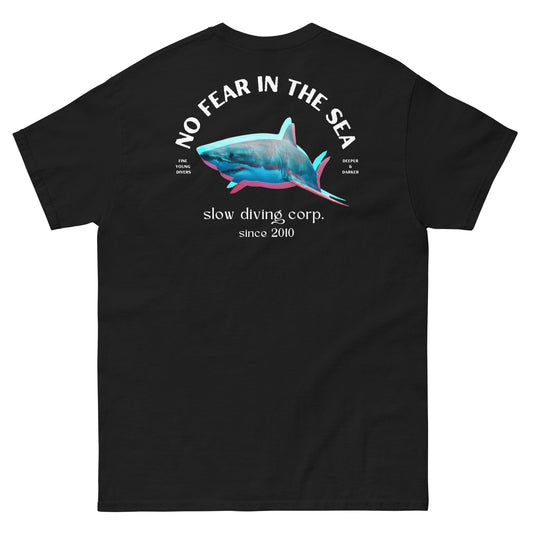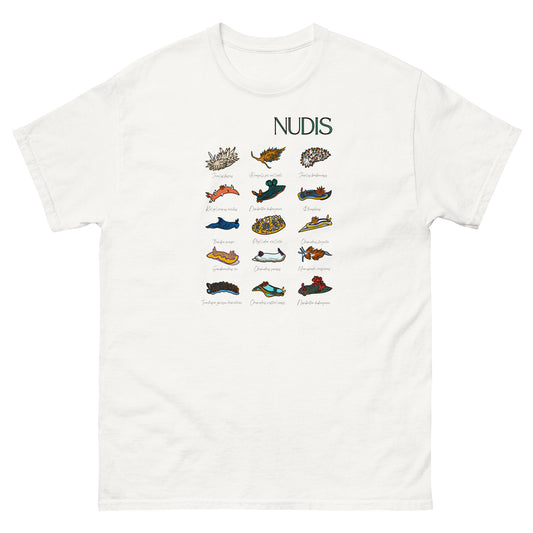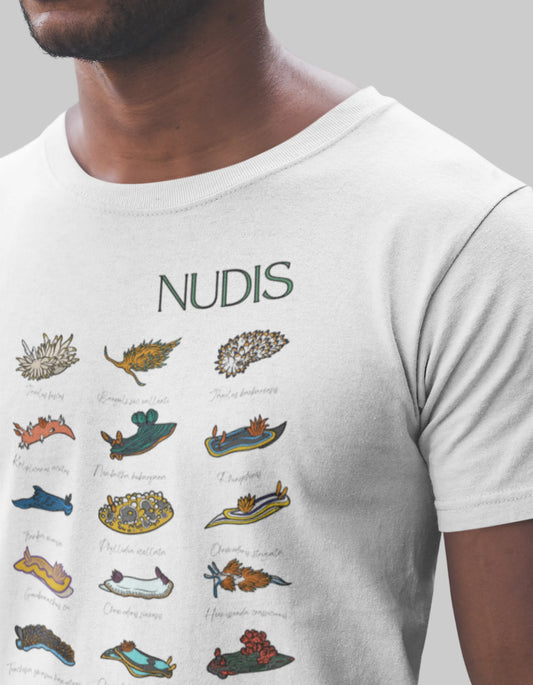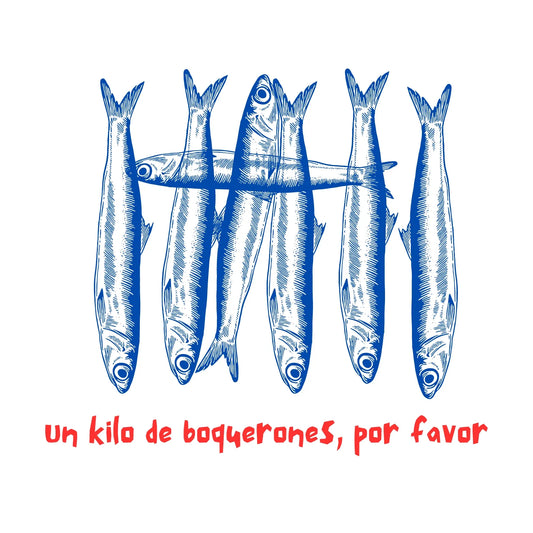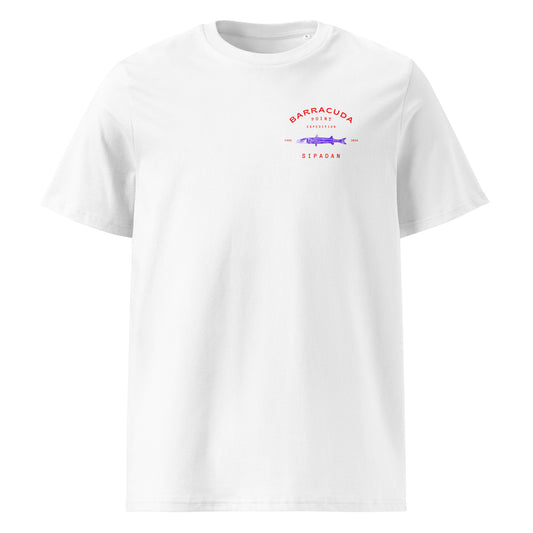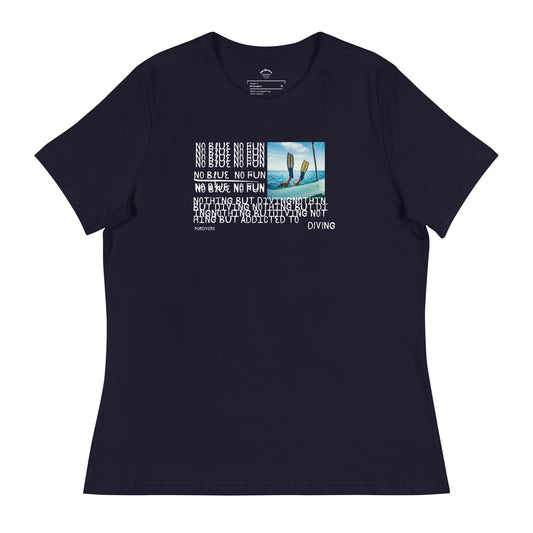The family of blue-ringed octopus is formed by three species: the spotted blue-ringed octopus Hapalochlaena lesser (found only in Australia), the greater blue-ringed octopus Hapalochlaena lunulata, and the blue-lined octopus, Hapalochlaena fasciata. The three differ both by the number of rings, which varies between 50 and 60 and for the area where they live in.
The blue-ringed octopus is one of the most poisonous animals in the world and the only octopus lethal to humans. Despite their docile nature and small size, which can reach up to only 20 inches with open tentacles, it contains a powerful poison for which there is no antidote. This octopus carries a potent neurotoxin of which just one milligram can kill a human being. To release this neurotoxin, whose main component is tetrodotoxin, the octopus bites with its beak and inoculates the poison through saliva.
Original Octopus T-Shirts - Worldwide Shipping!
SEE MORE T-SHIRTS FOR OCEAN LOVERS
The poison of blue-ringed octopus is produced by a bacteria in their salivary glands, blocking the sodium channels causing motor paralysis and respiratory failure. As there is no antidote for it the only way to save oneself from death to a bite of a blue-ringed octopus is to perform cardiac massage and artificial respiration until the poison is removed from the body, which can take up to 24 hours.

The blue ringed octopus eats small hermit crabs, invertebrates and even attacks wounded and weak fish much bigger than him. It feeds during the day but it is at night when it becomes, like most octopuses, more active.
Blue ringed octopus habitat
These octopuses inhabit coral reefs of the Pacific and Indian Ocean, from Japan to Australia. The blue-ringed octopuses are difficult to find, both for its size and because they are usually found hidden in rocks and mud where they live. We can find blue-ringed octopuses in the Coral Triangle, still common in parts of Indonesia and the Lembeh Strait, Komodo, in the Australian Great Barrier Reef in the Philippines in places like Anilao and Batangas in Mabul in Malaysia.
This octopus is prized in areas of muck diving, where he is easily seen as the electric rings show a high contrast with the dark background.

